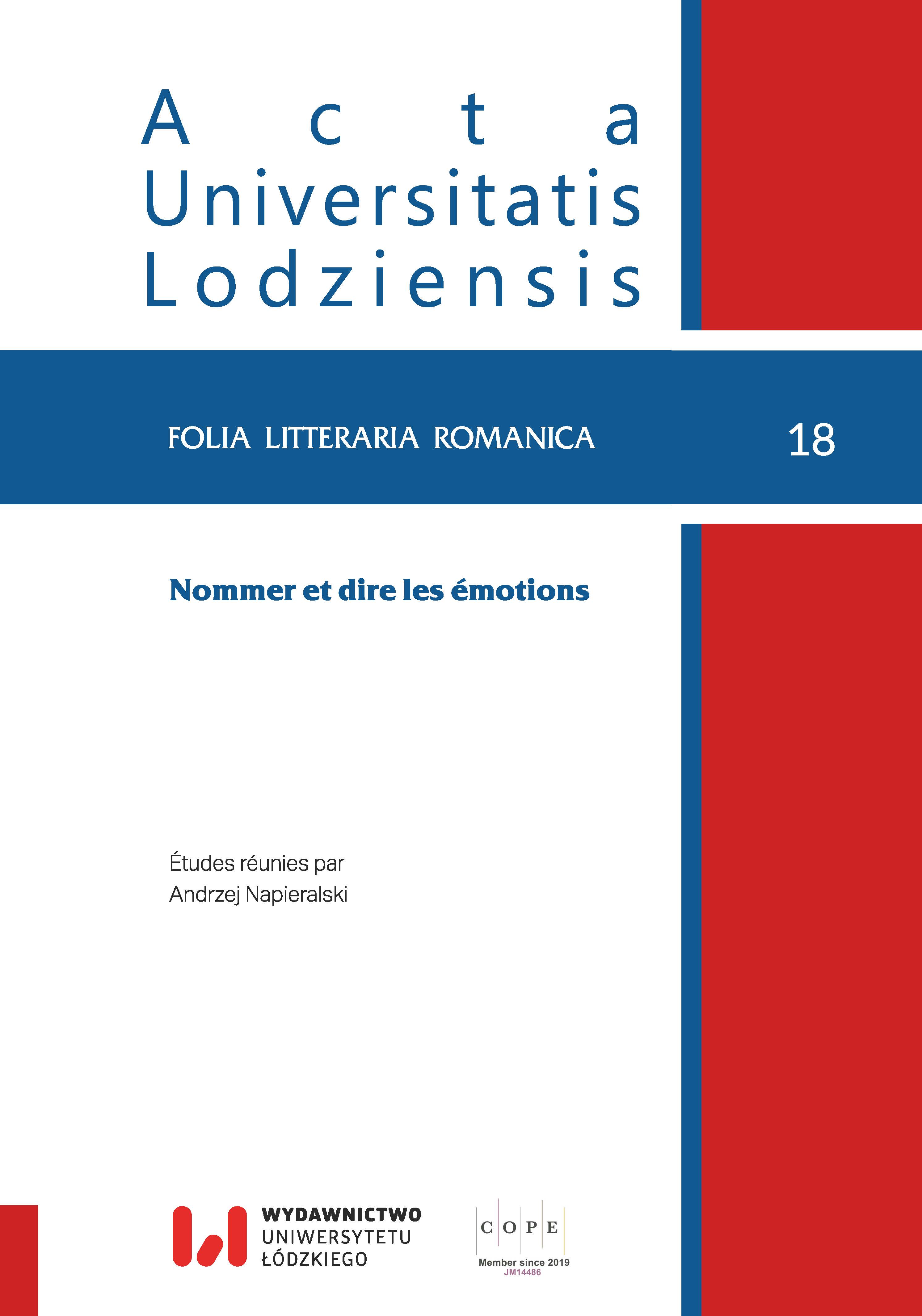La vuelta al mito de Ulises en tres obras del teatro español del siglo XX
The Return to the Myth of Ulysses in Three Plays of the 20th-Century Spanish Theatre
Author(s): Katarzyna Wojtysiak-WawrzyniakSubject(s): Studies of Literature, Ancient World, Greek Literature
Published by: Wydawnictwo Uniwersytetu Łódzkiego
Keywords: myth; Odyssey; transformation; theater; Gonzalo Torrente Ballester; Antonio Buero Vallejo; Antonio Gala
Summary/Abstract: The reception of the heritage of the Mediterranean Antiquity is one of research areas in theatre. The mythological tradition is the basic structure of creative imagination. This article reviews the presence of the Odyssey in the Spanish theatre of the 20th century. It examines the influence, use, and transformation of the Odyssey in three works: El retorno de Ulises (1946) by Gonzalo Torrente Bellester, La tejedora de sueños (1952) by Antonio Buero Vallejo, and ¿Por qué corres Ulises? (1975) by Antonio Gala. The play El retorno de Ulises recreates the classic Homeric motif to present the theme of the struggle of a human being with its own myth and show the process of self-demitification. Odysseus is confronted with his own legend. In La tejedora de sueños, Ulysses reveals the lack of inner heroism. In the play titled ¿Por qué corres Ulises? Gala presents the fall of the hero. The author chooses the world of myth to reflect a society far from spiritual values. The myth of Ulysses serves the Spanish playwrights as a source of inspiration to deal with the human nature and to reflect on the world.
Journal: Acta Universitatis Lodziensis. Folia Litteraria Romanica
- Issue Year: 2023
- Issue No: 18
- Page Range: 111-121
- Page Count: 11
- Language: Spanish

